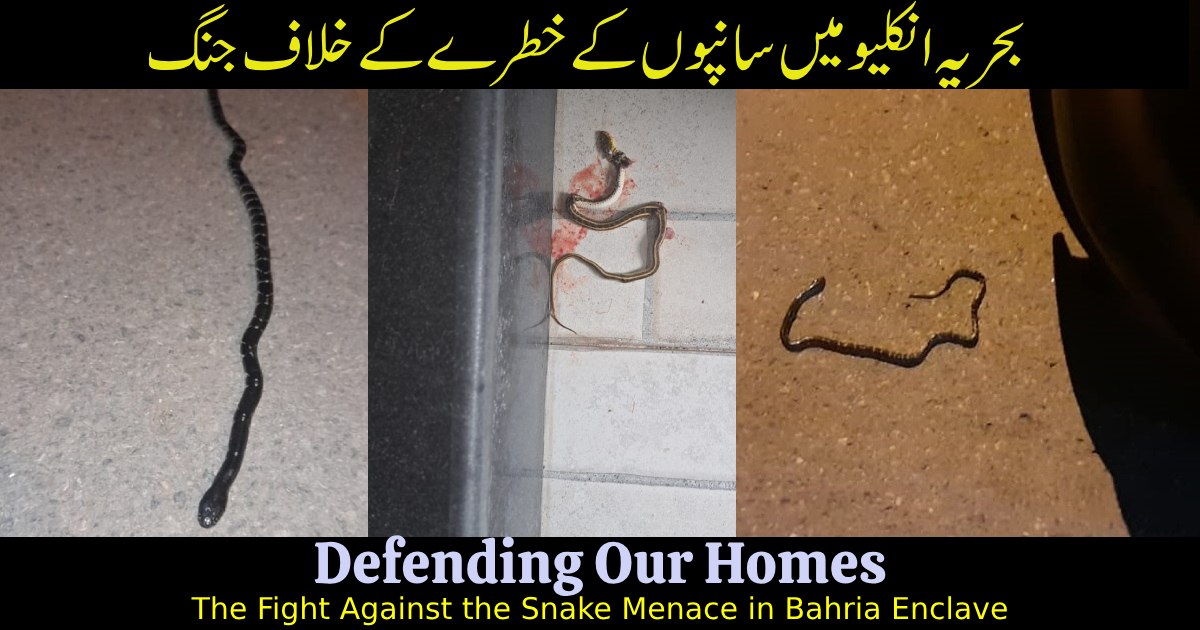In an era when urbanization and fast-paced lifestyles have distanced many of us from the origins of our food, a small yet impactful initiative took root on Miss Naheed’s farm, leaving a lasting impression on all who attended. We are immensely grateful to Miss Naheed for organizing a workshop that not only educated participants about the art of kitchen gardening but also showed them how to turn kitchen waste into valuable fertilizer. This workshop not only enriched our knowledge but also encouraged us to cultivate our very own kitchen gardens.








The Workshop Unveiled
Miss Naheed’s farm, nestled in the heart of our community, provided the perfect backdrop for the workshop on kitchen gardening. With her expertise and passion for sustainable living, she guided us through the essential steps to create our little patches of greenery right in our backyards.
- The Basics of Kitchen Gardening:
Miss Naheed started by acquainting us with the fundamental principles of kitchen gardening. She emphasized the importance of selecting the right location, choosing appropriate crops, and understanding the significance of soil quality and sunlight exposure. Her practical tips and insights on raised beds, container gardening, and companion planting were eye-openers for many.
- Planting Techniques:
We learned the art of planting and caring for a variety of herbs, vegetables, and fruits. Miss Naheed shared her secrets for ensuring healthy growth and abundant harvests. It was amazing to witness how her nurturing touch transformed her farm into a lush oasis of fresh produce.
- Crafting Homemade Fertilizer:
One of the highlights of the workshop was the revelation that kitchen waste can be transformed into rich, homemade fertilizer. Miss Naheed demonstrated the process of composting kitchen scraps, turning them into nutrient-rich humus that is perfect for nourishing our kitchen gardens. It was a sustainable solution that left us inspired to reduce food waste in our homes.
- Seed Distribution:
To encourage all participants to embark on their own kitchen gardening journeys, Miss Naheed generously distributed seeds of various vegetables and herbs. These seeds were more than just tangible souvenirs; they were the promise of greener, healthier lifestyles.
The Impact
The workshop left an indelible mark on all those who attended. Participants gained a newfound appreciation for the joys of growing their own food. It provided a sense of empowerment and independence, knowing that they could nurture and harvest fresh produce right at their doorstep.
Moreover, the emphasis on converting kitchen waste into fertilizer underscored the importance of sustainable living and reducing our environmental footprint. Participants were not only motivated to create gardens but also to be more mindful of food waste and its impact on the planet.


Conclusion
We owe a debt of gratitude to Miss Naheed for her unwavering dedication to educating and inspiring our community about the wonders of kitchen gardening. Her workshop was a transformative experience that empowered us to take control of our food sources, reduce waste, and embrace a more sustainable way of living.
As we nurture our kitchen gardens and turn kitchen waste into nourishment for our plants, we remember Miss Naheed’s valuable lessons and the sense of togetherness that her farm workshop fostered. With each home garden that blossoms and each compost pile that grows, we are not only growing food but also a stronger, more sustainable community. Miss Naheed’s workshop was a catalyst for change, and we are excited to see the green thumbs that will emerge in our community, thanks to her guidance and generosity.
Discover more from Bahria Enclave
Subscribe to get the latest posts sent to your email.












Worth reading and learning the importance of kitchen gardening.
Would like to attend the same in future so that I can understand basics of preparing kitchen waste in to fertilizer, how to prepare soil for showing relevant crop seeds, etc.